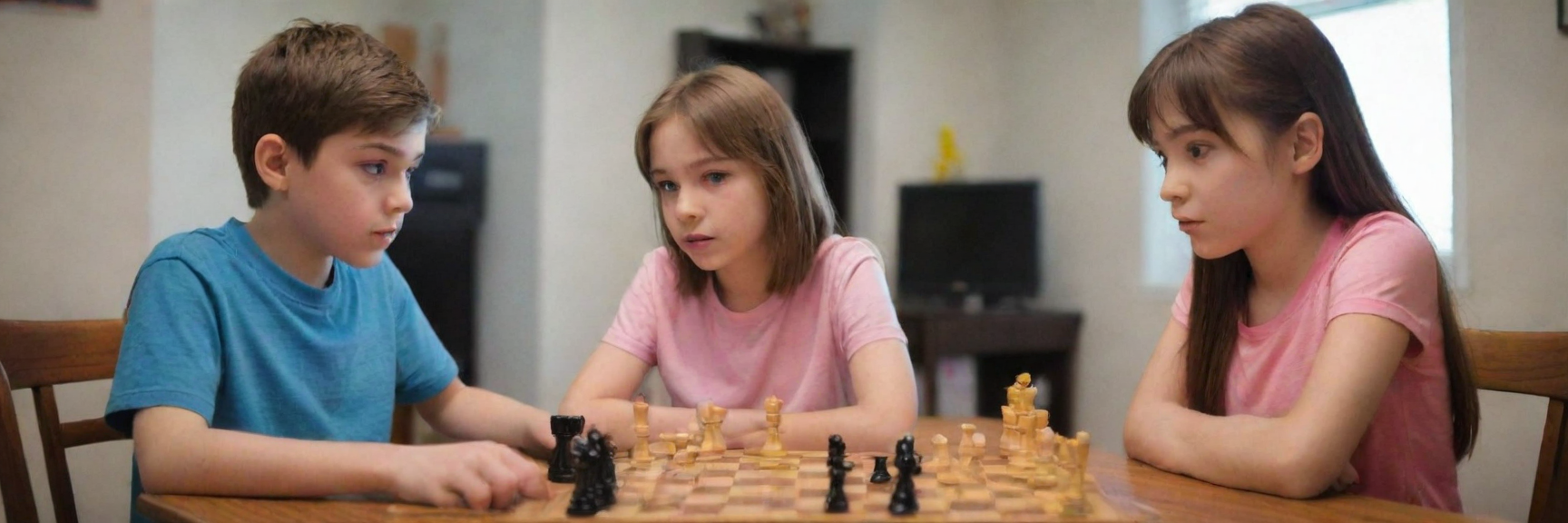
10 Benefits of Chess for Children's Development according IA
Enhances Strategic Thinking : Chess encourages kids to plan ahead, fostering strategic planning skills applicable in various life scenarios.
Boosts Problem-Solving Skills : The game involves analyzing and predicting outcomes, enhancing critical thinking and problem-solving abilities.
Improves Concentration : Playing chess requires sustained focus, helping children maintain attention despite distractions.
Teaches Patience : Chess games can be lengthy, teaching children the value of patience as they work towards long-term goals.
Memory Development : Remembering past moves and strategies enhances memory skills, aiding academic performance.
Builds Social Skills and Confidence : Engaging in chess tournaments or clubs allows kids to interact with peers, building confidence through achievement.
Encourages Creativity : The game requires innovative thinking, fostering creativity that can be applied beyond the board.
Inculcates Respect for Rules : Understanding and adhering to chess rules teaches respect for authority and boundaries.
Fosters Emotional Resilience : Experiencing losses in chess helps children develop a resilient attitude towards challenges and failure.
Develops Logical Reasoning : Recognizing patterns and sequences in chess enhances analytical skills, beneficial in subjects like math and science.
These points highlight how chess not only entertains but also educates, offering a comprehensive developmental tool for children.